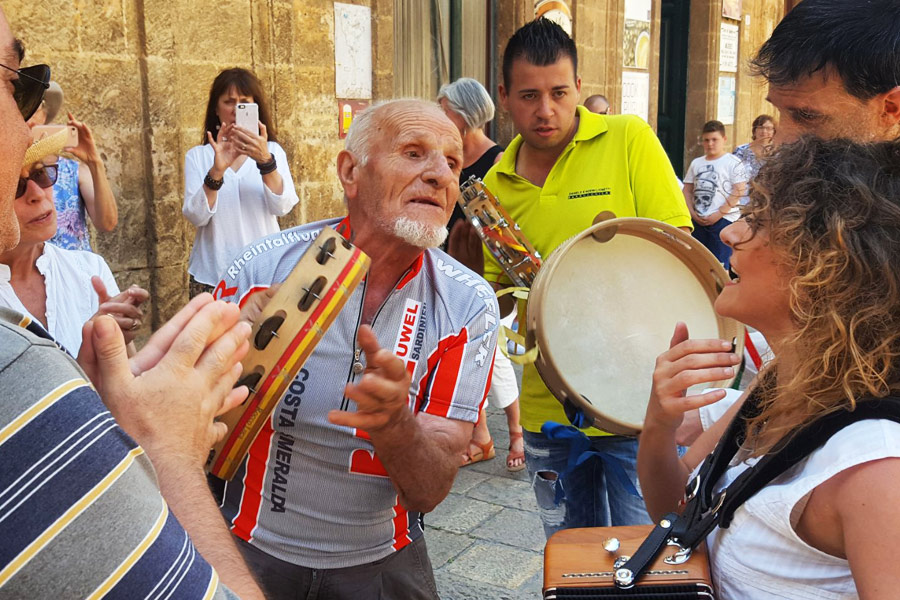
16 Jan Authentic – adj: of undisputed origin and not a copy
Every now and then, a buzzword pops up in the events sector that everyone goes crazy for. Personalisation has held that crown for some time, and while it’s still talked about a LOT, we think it may well have been superseded by ‘authenticity’ in recent months.
Ask anyone in the business of booking incentive travel or ‘immersive’ business events, what the key trends are and what clients are asking for, and you can be pretty sure authenticity will be among the answers. And it’s true to a certain degree – times have changed massively and rather than just flying to a destination, staying in a five-star hotel and going out on a few excursions like the incentives of old, groups are demanding more “authentic” or local experiences that immerse them in the culture of the destination they are travelling to. It’s no longer just about creating those “wow moments” but making sure those wow moments are also authentic and still on message.
But wonder whether the industry getting too hung up on trying to be authentic? And do clients really want authenticity anyway? At a panel session at a recent industry event, one agency head said that while clients say they want authentic experiences, the reality is different. She said that what most of her clients really want is ‘sanitised authenticity’, or authenticity on their terms. Rather than going out into the Amazon jungle – they want the Amazon jungle brought to their luxury hotel or conference centre.
We’ve all had those briefs where a client has said they want something completely different, so go to the effort of adding some really exciting off-the-beaten path destinations with content packed with once-in-a-lifetime experiences to the pitch shortlist, only to find they choose the ‘safe’ option. And we get it, taking a risk on an emerging destination or an experience that is totally out of the ordinary can be scary.
There are some clients who are prepared to take their incentive groups to more adventurous destinations such as Nepal or Brazil, but they are generally few and far between. You can of course find authentic experiences without having to travel to off-the-beaten-path or emerging destinations. Cooking and eating rustic Italian food with local villagers in Tuscany can feel authentic, as can going to a sumo wrestling match in Tokyo.
And how do you define what is authentic or genuine anyway? Who’s to say that a Thai banquet served in a remote local village in the jungle that you’ve had to trek two days to reach, is more authentic or real than one served in a hotel ballroom? Authenticity is subjective. It means different things to different clients and it’s also likely to mean different things to each of the delegates on an event than it does to the client, which is why that other buzzword – personalisation – is so important, and possible easier that building a ‘one size fits all’ programme.
A lot of it comes down to expectations, and what people expect a real or authentic experience to look or feel like. If an experience or destination is not as you expected, you could be left feeling disappointed. And the last thing you want anyone on one of your events to feel is disappointed.
That’s why it’s so important that we agencies interrogate a brief, to know and understand what our client’s expectations are, so we can manage those expectations and create and deliver experiences that not just meet but exceed them. If an ‘authentic experience’ is in line with their expectations, even if it is sanitised authenticity, surely that’s all that matters!

